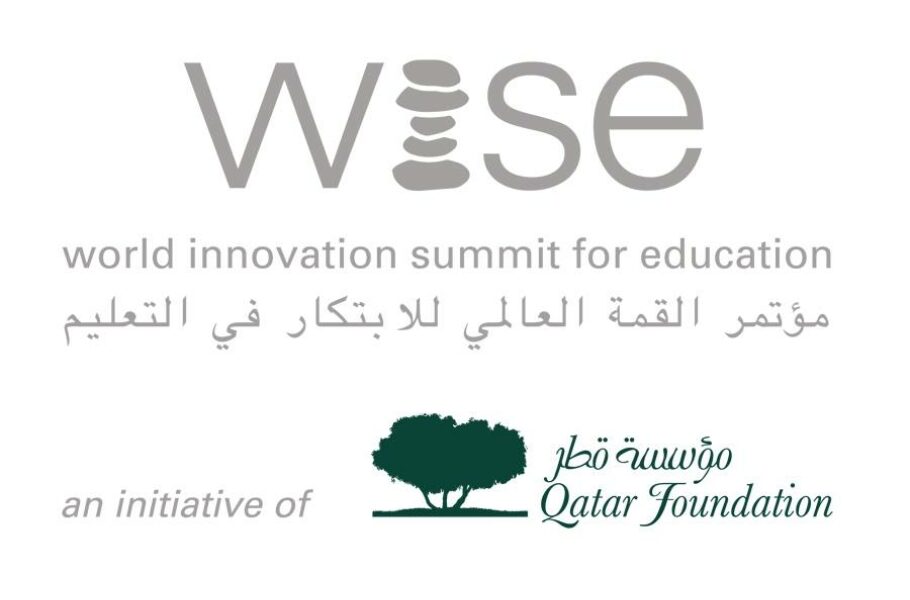
The World Innovation Summit for Education (WISE), the leading global initiative driving innovation and collaboration in education, has today revealed the results of a survey conducted among its global community of experts, and revealing their perspectives on what school will look like in 2030.
Five leading voices in education were also invited to comment on the results and give their analyses.
Are teachers obsolete? Will online content make traditional brick-and-mortar schools a thing of the past? Will there be one global education language? Should school focus on personal skills rather than academic knowledge? Will company certification be on a par with diplomas? These are some of the issues tackled by this survey.
Key findings show that education systems are predicted to undergo major changes. Schools will become interactive environments where innovations in technology and curricula will fundamentally transform the role of teachers and reshape the landscape of learning.
The survey reveals a strong consensus around the idea that innovation is an integral part of the future of education. A resounding 93 % of the experts say they favor schools that implement innovative methods based on new teaching approaches and creative processes.
Experts from the WISE community predict that schools will evolve to become learning networks. Online resources and technologies will support peer-to-peer networking, dialogue and exchange, facilitating a move towards collaborative learning. According to the survey, almost half of the experts (43 %) believe that content will be provided predominantly by online platforms, while only 29 % ranked brick-and-mortar schools as the primary source of knowledge.
However the experts emphasize that innovation comes in many forms, not just technological.
75 % of the experts surveyed believe that the most valued assets in 2030 will be personal and interpersonal skills. Only 42 % think that academic knowledge will continue to be valuable to learners.
83 % of experts also believe that content will become more individualized, reflecting each student’s needs. Another key finding supports the evolution of the teacher’s role towards being a learning facilitator rather than a lecturer.
Experts also agree that physical presence and human interaction will remain indispensable to education in the future.
Experts remain divided on the issue of certification and assessment; 39 % think that diplomas will continue to be the most important method of assessment while another third (37 %) argue that professional certifications assessing abilities such as management, collaboration or creativity will play a more important role.
The “2030 School Survey” was conducted between June 3 and 30, 2014, among 645 experts representative of the global WISE community, which comprises more than 15,000 individuals. The survey results have been released ahead of the 2014 WISE Summit, which will be held in Doha, Qatar November 4-6, 2014. This event will bring together 1,500 members of the WISE community to discuss the theme of “Imagine – Create – Learn: Creativity at the Heart of Education”.
For further details on the key findings, and comments from leading experts, please consult the attached Executive Summary of the survey which is also available at http://www.wise-qatar.org/school2030.
For further information about WISE, please go to www.wise-qatar.org.
Follow us on our social media channels:
![]() @ILQlive
@ILQlive
![]() @ILQlive
@ILQlive
![]() @ILoveQtr
@ILoveQtr
![]() ILoveQatar
ILoveQatar

You have successfully registered your account!
Please confirm your e-mail address by clicking on the URL sent to you.The e-mail usually arrives in 5-10 minutes.
How ajeeb was that!? Thanks for contributing to our community! Your post will appear after we take a quick look!